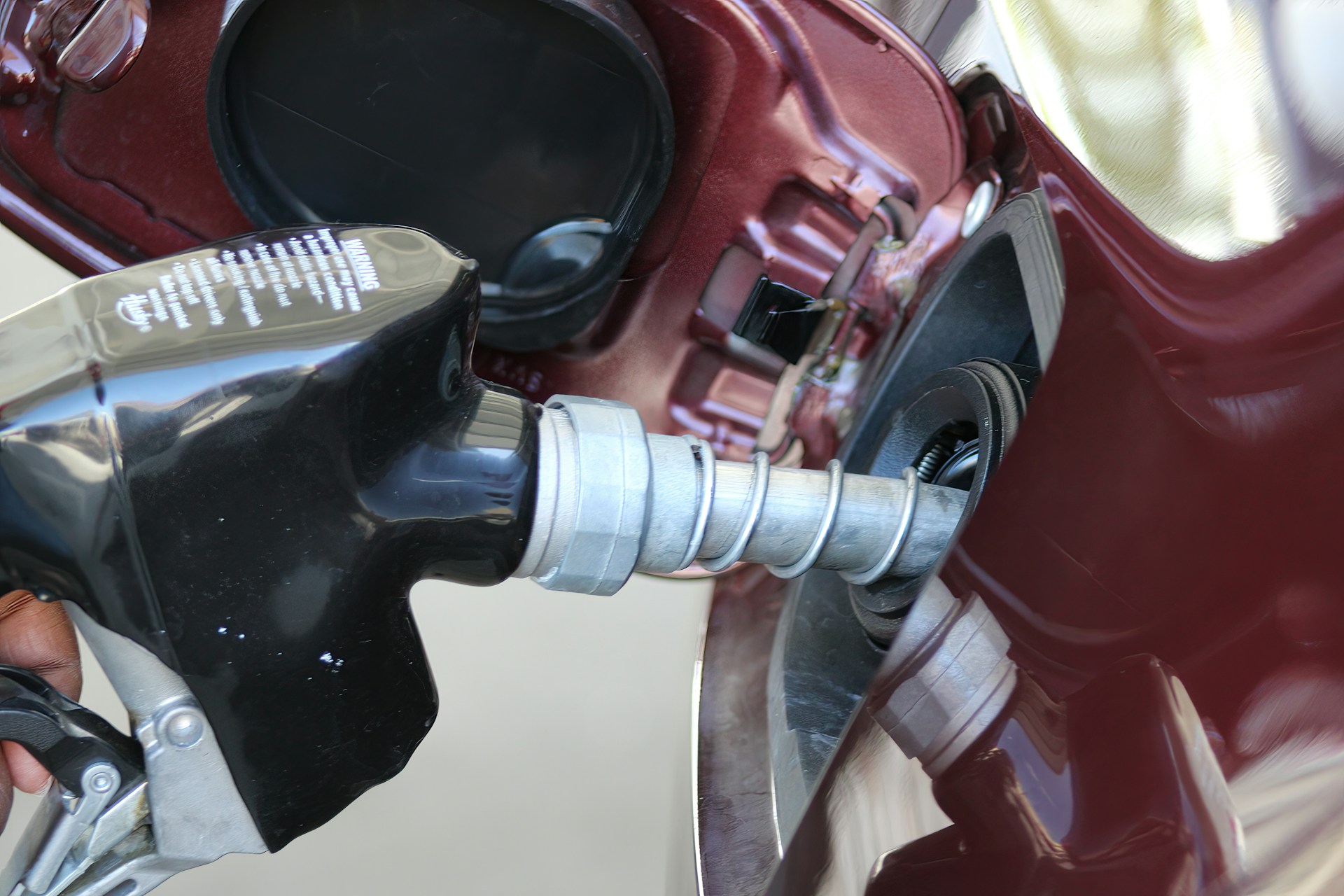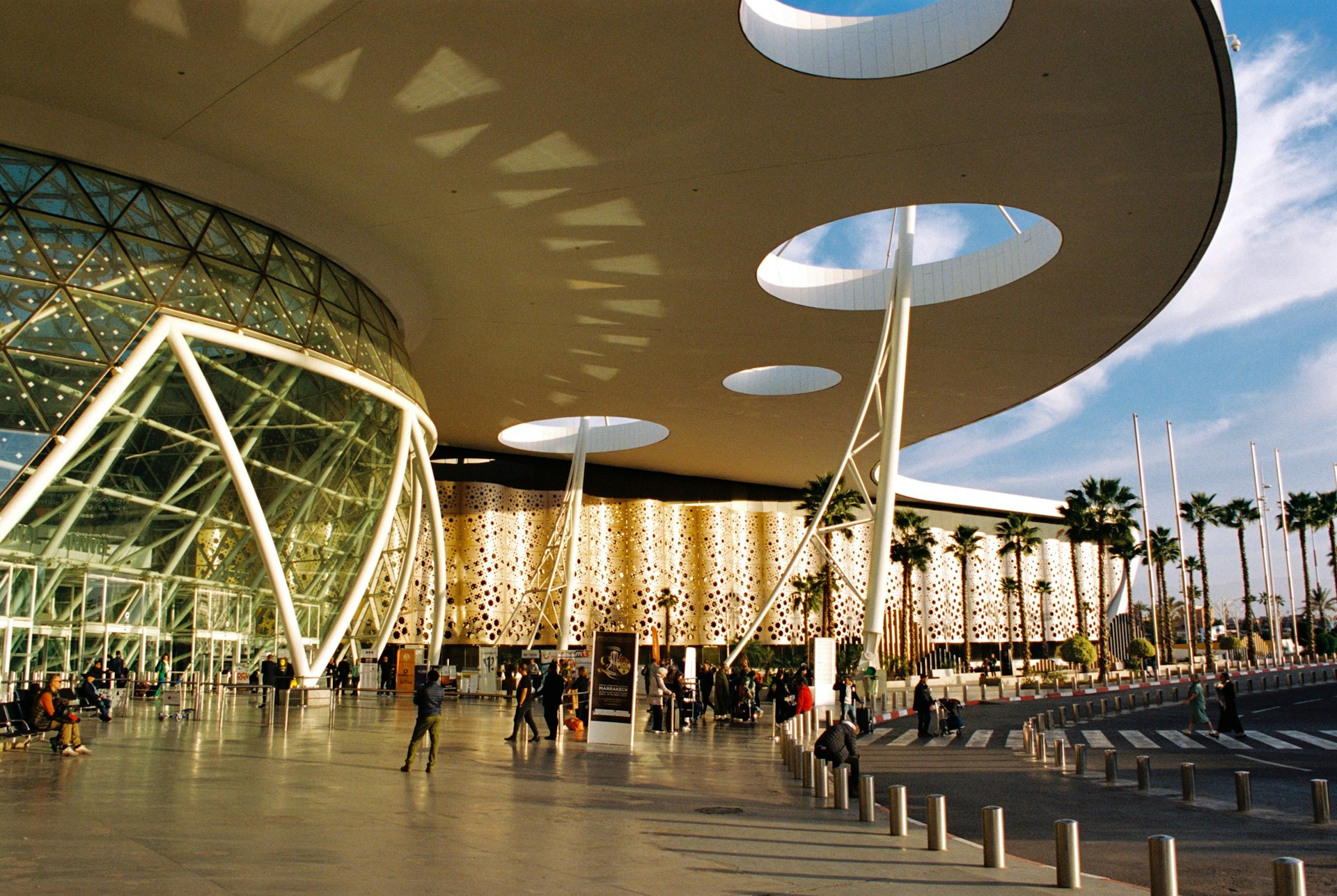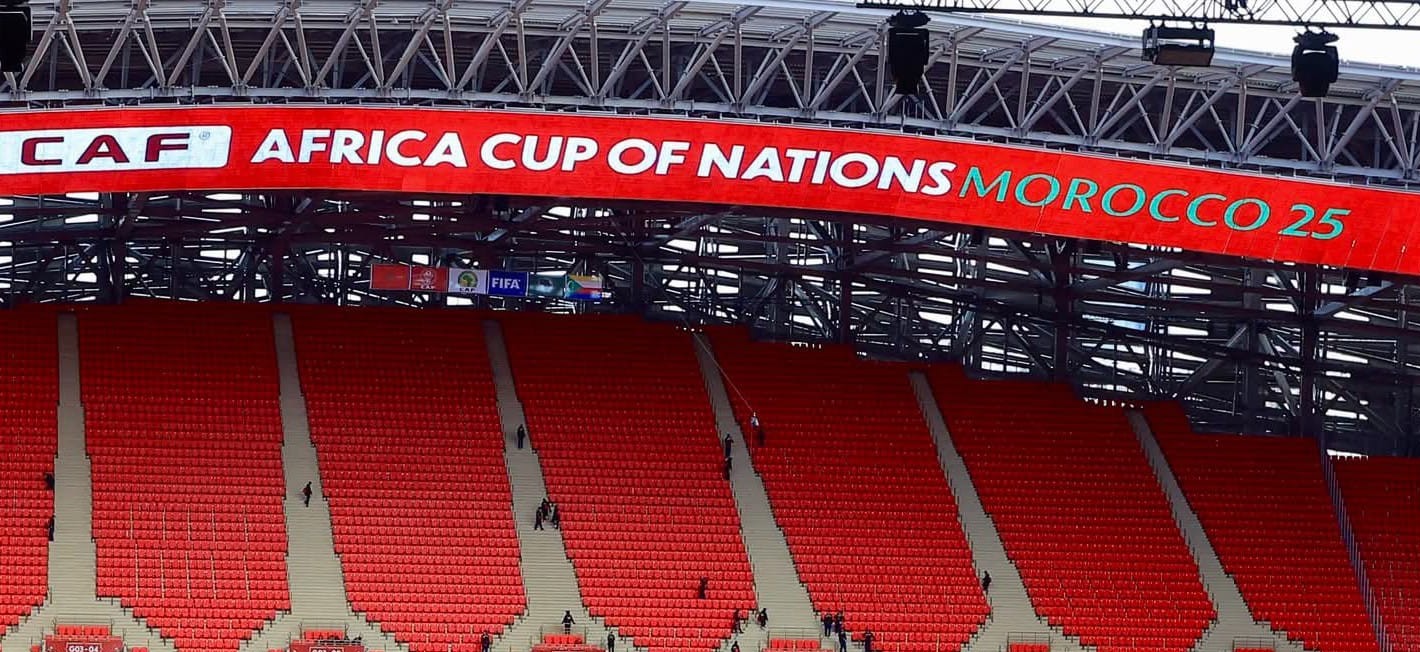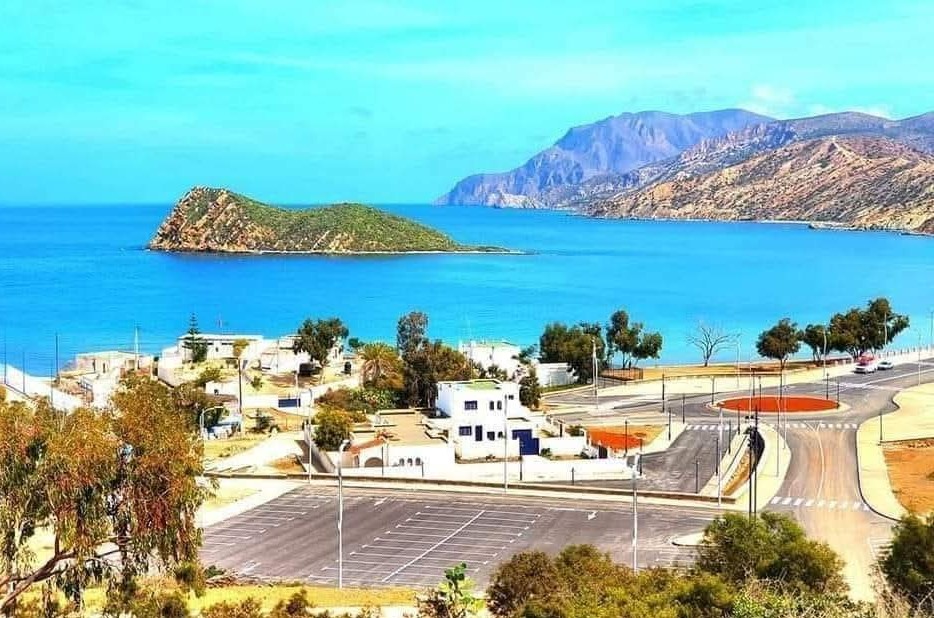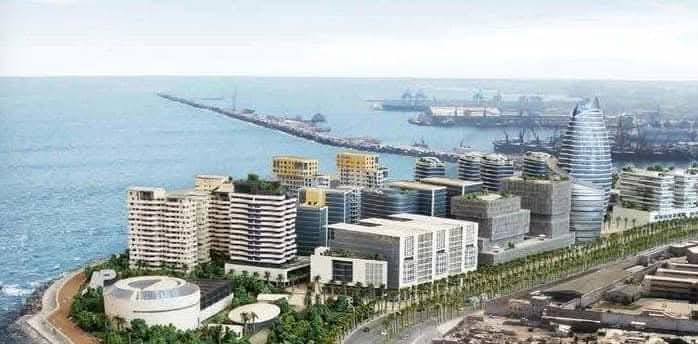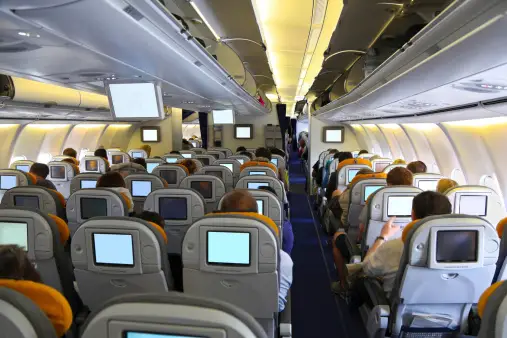Casablanca – Morocco continues to navigate the delicate balance between free market pricing and government oversight in the fuel sector, as domestic prices adjust to international trends while protecting consumers’ purchasing power.
According to Nadia Fettah, Minister of Economy and Finance, fuel prices in Morocco are monitored daily, while distribution companies retain the freedom to set their own prices—a system in place since the sector’s liberalization in 2015. “The government carefully tracks developments in both local and international markets to ensure domestic prices remain aligned with global trends, while preserving the operational autonomy of sector participants,” Fettah explained.
Domestic prices follow refined product trends
The minister emphasized that Moroccan fuel prices are based on refined petroleum products rather than crude oil, which explains why international price fluctuations do not immediately translate into domestic price changes. Recent months, however, have shown a strong correlation with global trends. Diesel prices fell by 7% between January and June 2025, while premium gasoline declined by 1.9% over the same period. Globally, diesel prices decreased from $732.35 per ton in January to $687.44 per ton in June—a 6.1% reduction—while premium gasoline prices fell by 1.4%.
Despite overall alignment, Fettah noted minor variations between different distribution companies and individual fuel stations. “Prices at most stations show relative consistency with international benchmarks, though small differences persist depending on brand and location,” she said.
Oversight by the competition council
Morocco’s Competition Council plays a key role in monitoring the sector. Since a 2023 decision aimed at ensuring competitiveness in fuel distribution, the council has issued quarterly reports tracking market trends. According to these reports, profit margins remain within reasonable limits, with no evidence of anti-competitive practices. This regulatory oversight ensures that while companies can set their own prices, market fairness is maintained.
Government measures to protect consumers
To mitigate the impact of international price fluctuations on citizens’ purchasing power, the government has implemented several measures. These include targeted subsidies for the transport sector to offset higher diesel prices, daily monitoring of both domestic and global fuel prices, and enhanced transparency initiatives. Prices are displayed on electronic platforms and fuel station boards, enabling consumers to compare offerings and make informed choices.
Looking to the medium and long term, Morocco is also working to strengthen its strategic energy reserves, encouraging investment in storage capacity and ensuring compliance with legal requirements. Simultaneously, efforts to improve public transport aim to optimize fuel consumption and reduce reliance on fossil fuels. Large-scale projects in renewable energy, including green hydrogen initiatives, are also part of the strategy to transition towards sustainable energy and reduce vulnerability to global oil price volatility.
Market trends and consumer impact
The first half of 2025 has shown that domestic fuel prices in Morocco are gradually adjusting to international trends while maintaining stability for consumers. The 7% decline in diesel and 1.9% drop in premium gasoline reflects both global market movements and effective domestic oversight. The government’s combined approach of monitoring, targeted support, and transparency ensures that price changes do not disproportionately affect consumers, particularly in essential sectors such as transportation.
Analysts note that Morocco’s approach represents a model of balancing market freedom with regulatory oversight. By basing prices on refined products rather than crude oil, authorities ensure that domestic prices are insulated from short-term global fluctuations, while still reflecting longer-term international trends. This framework allows companies operational freedom while safeguarding consumer interests and promoting competitive practices within the sector.
Morocco’s fuel market in 2025 highlights the challenges of managing a liberalized sector within a globalized economy. Through daily monitoring, quarterly reporting, targeted subsidies, and long-term strategic planning, the government aims to maintain a balance between free pricing, market competitiveness, and consumer protection. As global energy markets remain volatile, these measures provide a mechanism for stability, transparency, and gradual adaptation to international trends.






